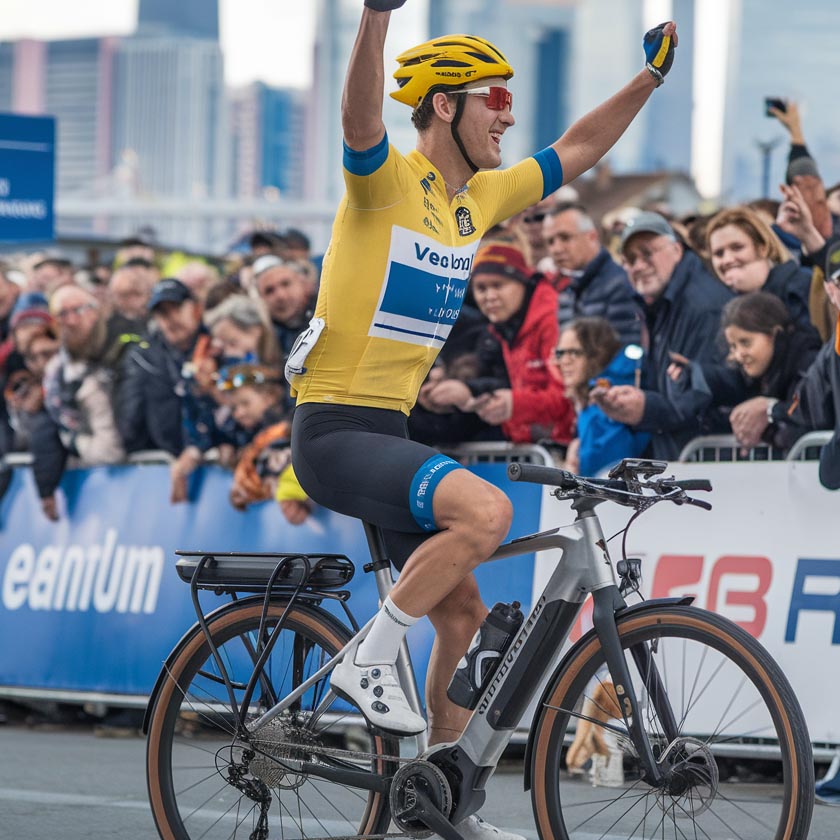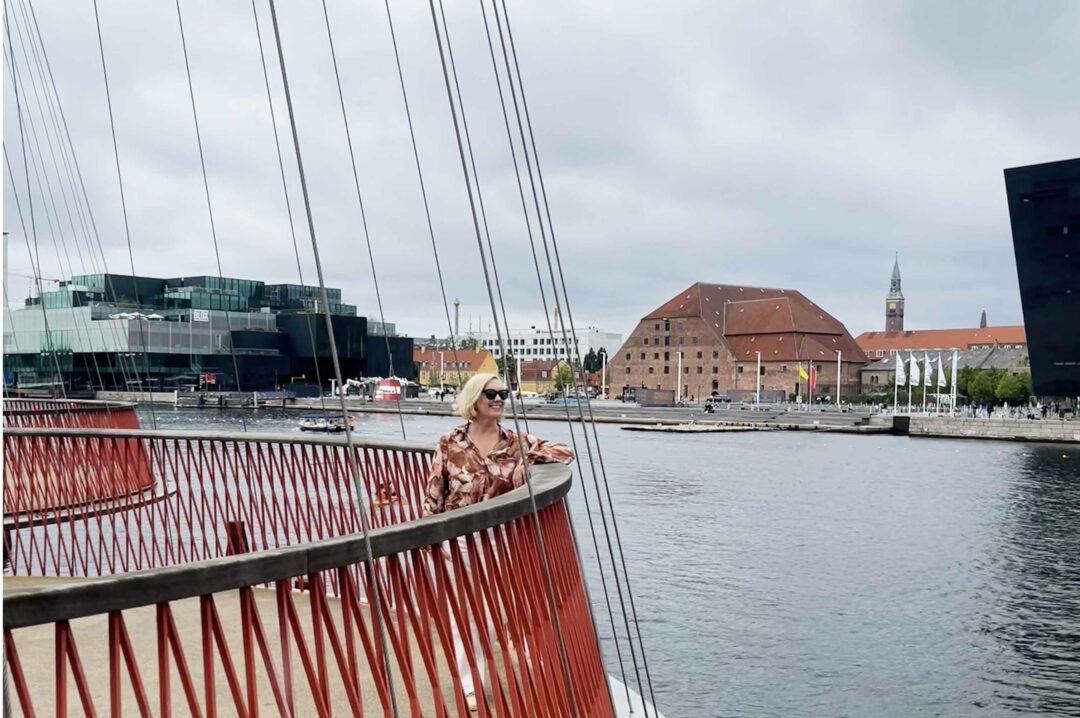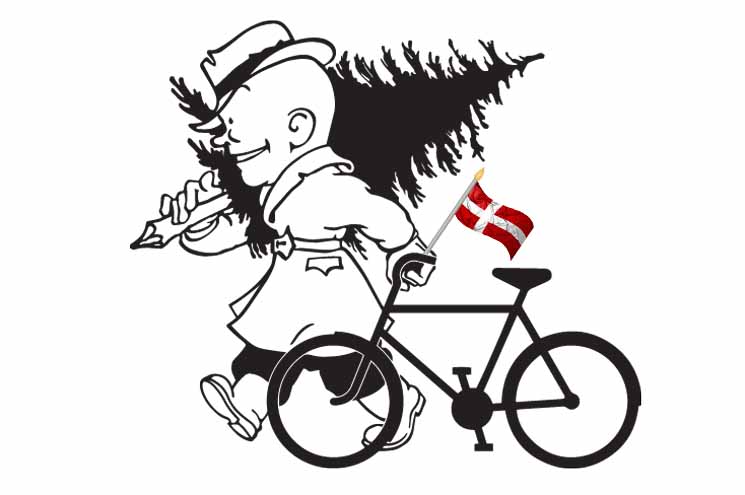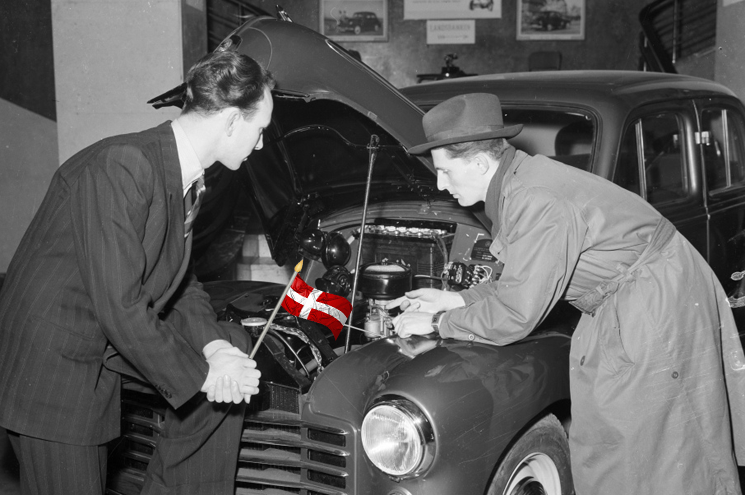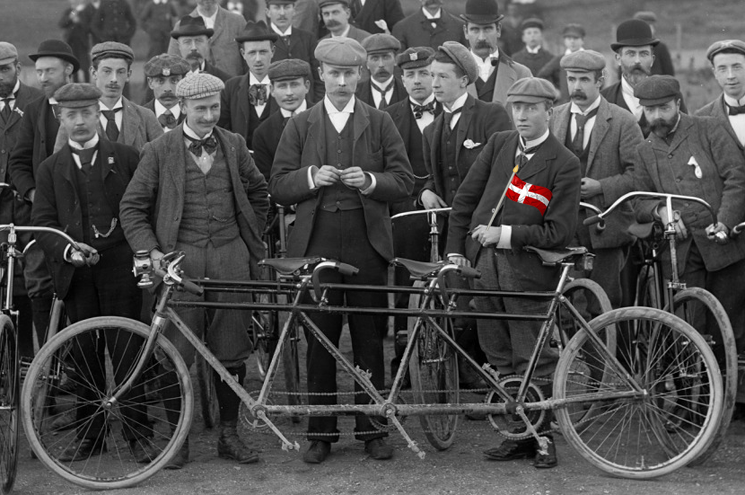I’ve referred to “The Danish Year” before on How to Live in Denmark. It’s a series of events that are simply expected to happen every year in Denmark, even if they aren’t formal holidays. In 2025 I’m going to try to do a podcast every month about aspects of the Danish year, and how they fit into the overall context of where Denmark is coming from, and where it’s going.
July is vacation month in Denmark, and it’s ironic that many Danes go elsewhere on vacation at just this time of year, when you have the best chance of good weather in Denmark. And I do mean chance – there is never any guarantee.
Some Danes go abroad, driving vacations to Southern Europe are popular. There’s a well-known cycle in which the summer weather is good one year, so everyone plans a vacation in Denmark the following year, and then the weather is awful, so everyone plans a foreign vacation the next year, and then the weather is good, and so on.
You can surf in Denmark
Staying in Denmark, even if you don’t own one of the famous Danish summer houses, can be a great choice. There’s a surprising amount of nature to experience in this small, flat, country that isn’t as densely populated as the UK, or the Netherlands, or even Germany.
You can surf in Denmark, along the windy west coast, and when you’re done explore the ever-changing sand dunes. Maybe visit the little lighthouse that is slowly being swallowed up by the sand.
Hike through ancient forests
In Denmark you can hike through ancient forests, and even sleep there in some of the public forest shelters. Most of the forest shelters are big wooden boxes with one side entirely open, but with a roof to protect you from the rain.


